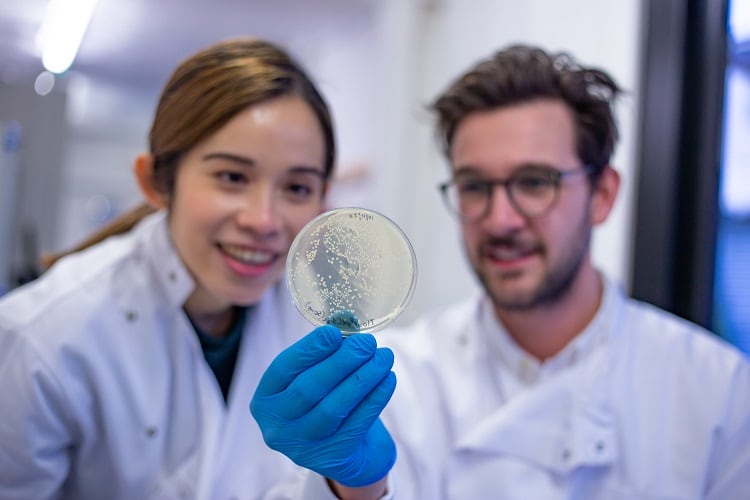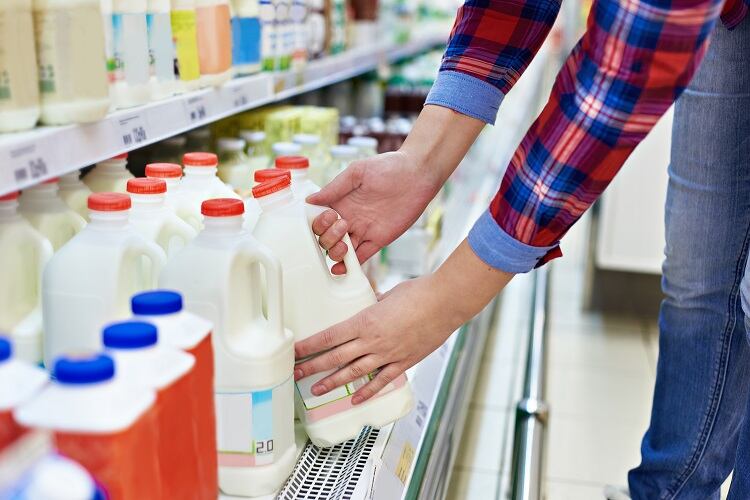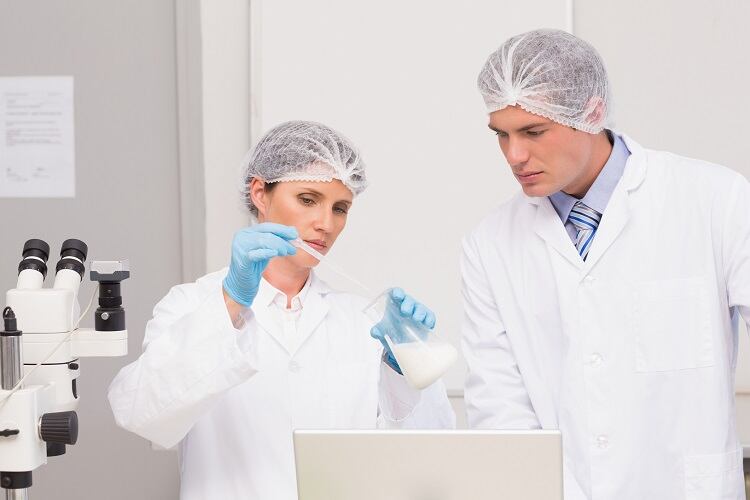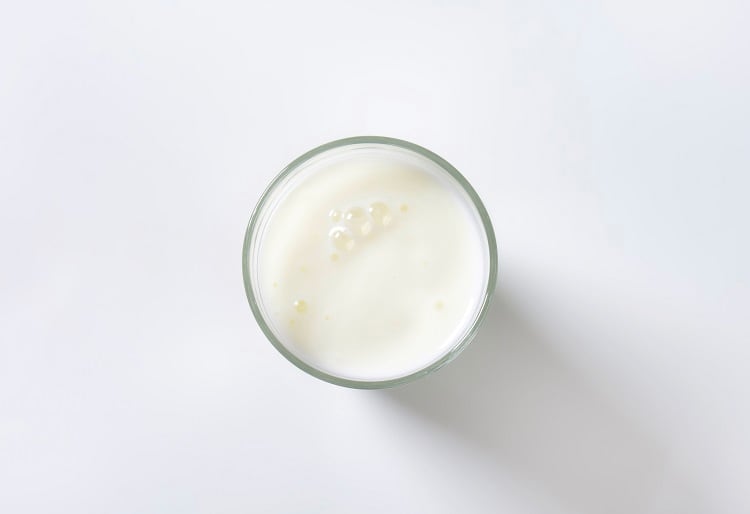The industrial dairy industry is one of the biggest emitters of greenhouse gases (GHGs) in the world.
In a study published last year by the Institute for Agriculture & Trade Policy (IATP), it was reported that 13 of the world’s largest dairy corporations’ emissions combined exceeded that of ‘carbon majors’ BHB and ConocoPhillips. Between 2015 and 2017, total combined emissions of these top 13 rose by 11%.
Environmental concerns, coupled with mounting pressure for improved animal welfare, is helping drive technological advancements in the sector. A growing number of start-ups are looking to remove the cow from the equation completely.
UK start-up Better Dairy is taking this approach. Founded by entrepreneur Jevan Nagarajah and scientist Chris Reynolds, Better Dairy was also inspired by growing consumer acceptance for food tech.
“I wanted to fundamentally change the way food was made,” said CEO and co-founder Nagarajah. “It was the science readiness that I found exciting. Lab-grown meat was becoming a thing, yet it was dairy that really resonated with me. As a consumer, I could imagine myself eating the products that we were making."
Just one year after officially founding the start-up, Better Dairy has closed a pre-seed funding round of £80,000, a seed round of £1.6m, and is on its way to create ‘major change’ in the sector, Nagarajah told FoodNavigator.
Replacing cows with vats
Better Dairy’s technology is founded on precision fermentation, which Nagarajah described as a process not dissimilar to that used by beer brewers.
“We’re leveraging off yeast fermentation, which means following a process very similar to beer brewing. But instead of ending up with beer, you end up with a big vat of dairy,” the CEO explained.
Better Dairy is not the first company to leverage this technology. Silicon Valley start-up Perfect Day is perhaps the best known in the sector, followed by Israeli start-up Remilk, which says its animal-free milk behaves just the same way as cow’s milk.
“While on the face of it, we [Perfect Day, Remilk and Better Dairy] are doing similar things, in the background, we’re doing things in our own different way,” Nagarajah told this publication.
Precision fermentation enables Better Dairy to ‘very specifically’ create the individual constituents of milk – in different vats. It also allows for these elements to be reconstituted together. The technology has been around for a while now, said Nagarajah, nodding to insulin and rennet production.
“We are starting off with the proteins,” the CEO revealed. “These have the highest value in milk in terms of nutrition and functionality. With the proteins alone, you can get a lot of utility. Then over time, you can keep adding more and more constituents. Eventually, you’ll end up with an entirely reconstituted milk.”
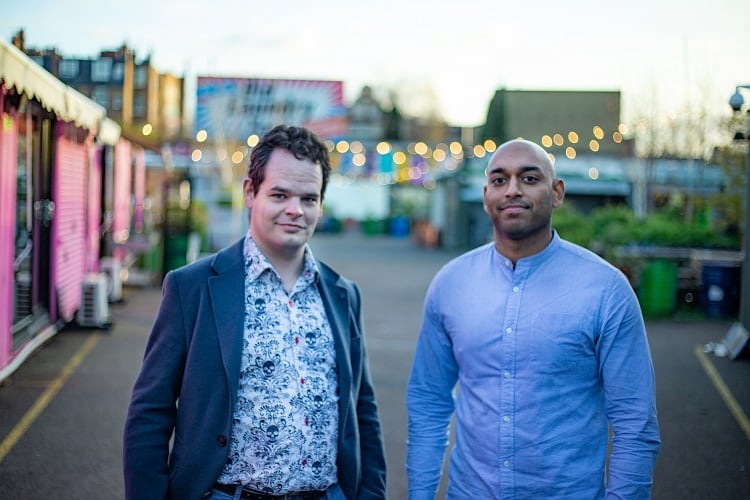
Better Dairy is currently concentrating the majority of its R&D efforts on the production of each dairy component, which Nagarajah described as ‘the fundamental engineering and manipulation of yeasts to produce milk proteins’.
“The process starts in the lab, where you need to redirect the yeast from producing what it normally produces. That in itself is quite a large undertaking. Over time, you want to work on that process, to get it more and more efficient,” he explained.
Commercialising ‘better’ dairy?
On its way to creating a consumer product, Better Dairy says it is open to monetising individual components of dairy. “You can get a lot of utility from the individual pieces themselves,” according to the CEO.
“The individual proteins and the individual fats have their own markets. We are definitely exploring the utility of these individual ingredients themselves and whether there is a means to supplying to existing supply chains – whether that be food manufacturing or otherwise. I think that is definitely an interesting angle for us.”
And in making these ingredients, or indeed a finished product, Better Dairy will also be free to exclude less desirable components, we were told. “Do we want to actually create the entire milk product? There are a lot of things in [conventional dairy] that we may not want. For example, [traditional] milk has hormones in it, it has growth factors used for baby calves. So obviously we wouldn’t put that back in there.
“Milk is made up of fats, proteins and sugars, but we may not put in some of the sugars – lactose, for example. By omitting that, we could end up with a product that is more suitable for lactose intolerant people.”
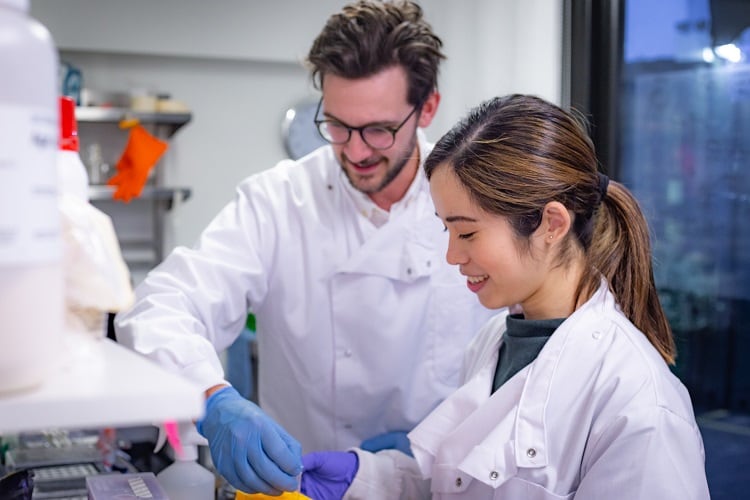
Cost challenges and regulation
Cost is one of the ‘major challenges’ facing Better Dairy. It hopes to reduce price by firstly concentrating on the efficiency of its core conversion and production processes, before focusing on the wider production process – incorporating engineering and fermentation.
To begin with, Better Dairy does not plan to achieve cost parity with conventional dairy. However, it hopes to commercialise a product that will be ‘within reason’ in terms of price, the CEO revealed.
“To make the impact that we want, both in terms of sustainability and capturing progressively larger market opportunities, we will drive down [cost] over time.
“We have decided to progress our R&D, launch our first product, and then drive the price down to unlock more opportunities. Eventually, we want to create major change and disrupt dairy. That will come over time as we tighten up these inefficiencies.”
Regulation, on the other hand, is not perceived to be a key challenge for Better Dairy, which sees itself as a global player.
“As a global-looking company like mine, we can look at which countries are easier to move into, and shift accordingly. The US is one, Singapore is another, for example.”
Indeed, the US Food and Drug Administration (FDA) approved Perfect Day’s whey protein in April 2020 – around 10 months after its submission. And in December 2020, the Singapore Food Agency (SFA) approved US company Eat Just’s cultivated chicken ingredient. Neither the UK’s Food Standards Agency (FSA) nor the European Food Safety Authority (EFSA) are yet to approve such ingredients.
“Just is an American company. I think everyone kind of moves around, really. And I guess it’s an exciting time for the governments of the world to figure [their regulation] out. Israel is another one that is moving quite quickly on this,” said Nagarajah. “They’re the ones that might end up capturing the initial benefit of local manufacturing.”
Better Dairy’s plan is to keep a finger on the pulse of what is approved where. “Targeting the UK first, and Europe thereafter, would be the logical choice based on geography. But when you look at the world we currently live in, it’s very global.”


